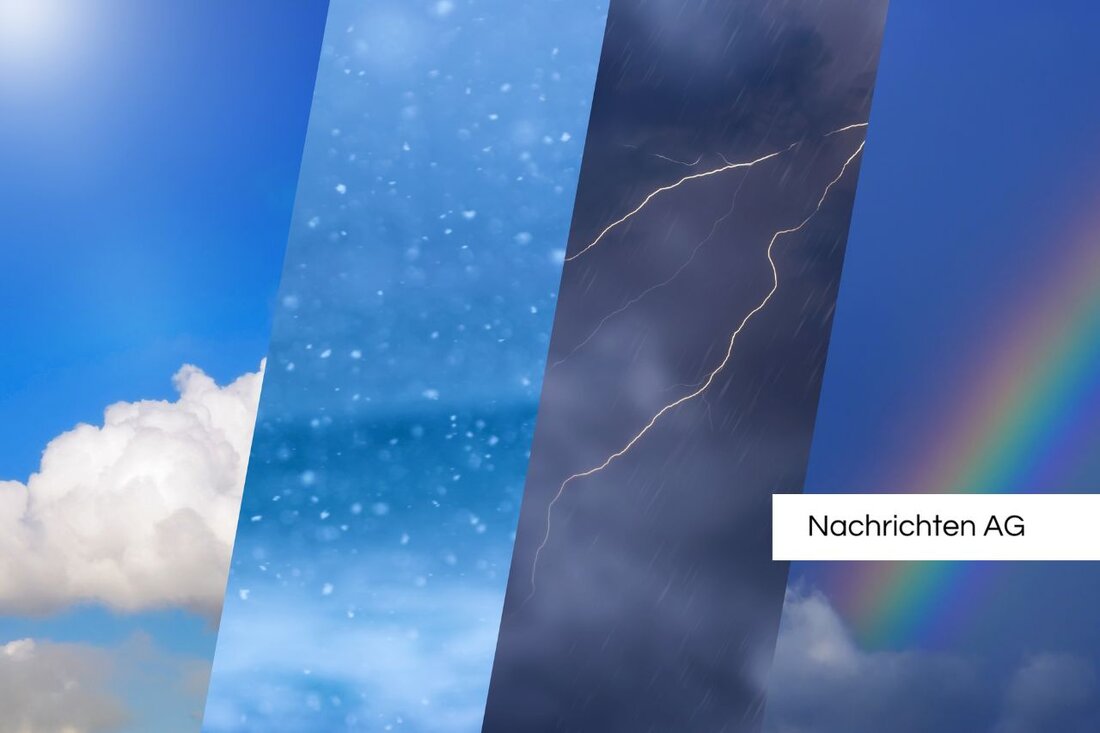Gräser pollen explosion in Berlin: Allergy sufferers fight for survival!
Gräser pollen explosion in Berlin: Allergy sufferers fight for survival!
In Berlin and Brandenburg, allergy sufferers are currently experiencing a real wave of stress through grass pollen. According to Tagesspiegel has the pollen information service (PID) for heralded. A high load of over 100 grass pollen per cubic meter of air is currently measured, with a high load being defined at 50 pollen per cubic meter.
In the past few days, many types of grass have flourished due to a change in the weather. This simultaneous flower has led to a massive spread of the pollen, which are also carried in less plant -rich areas of the city. In addition, the situation in Berlin has intensified because fewer meadows are mowed to protect insects, which has led to an increase in flowering grass areas.
current pollen position
According to information from Wetter.com , the current pollen Flight for the next few days shows the following values:
- grasses: 2 (08.06. - June 9th), 3 (June 10th - 13.06.)
- Ampfer: 1 (08.06. - 13.06.)
- oak: 1 (08.06. - 13.06.)
- chestnut: 3 (08.06. - 13.06.)
- Kiefer: 1 (08.06. - 13.06.)
- linde: 1 (08.06. - 13.06.)
At Pentecost, changeable and cool weather is predicted, which could bring allergy sufferers briefly. Low temperatures can slow down the growth of the grasses while rain washes the pollen out of the air. On top of that, the identifiable white fluff in the air, which is known as a poplar seed, is not responsible for allergic reactions.
grass pollen as allergy trigger
grass pollen are one of the most common causes of seasonal allergies worldwide. They are spread through the wind and mostly arouse hay fever symptoms such as sneezing, running or itchy nose as well as tearful eyes. Pollen production extends from May to September, which means a long period of symptoms for many allergy sufferers. A roggenis can produce impressive four million pollen annually, which increases the aggressiveness of these allergy -causing pollen. This information comes from Allergy.de .
The diagnosis of a grass pollen allergy usually takes place by allergists who arrange specific tests. Unfortunately, contact with grass and grain pollen is inevitable during summer, and even small quantities can trigger unpleasant symptoms. For those affected, specific immunotherapy (SIT) is therefore often recommended that aim at a long -term improvement.
In order to relieve the symptoms in the first year of therapy, treatment should begin three to four months before the start of the pollen. In the meantime, allergy sufferers can find out about the current pollen flight forecast on the websites of pollen information services and take measures to relieve their symptoms.
| Details | |
|---|---|
| Ort | Berlin, Deutschland |
| Quellen | |


Kommentare (0)